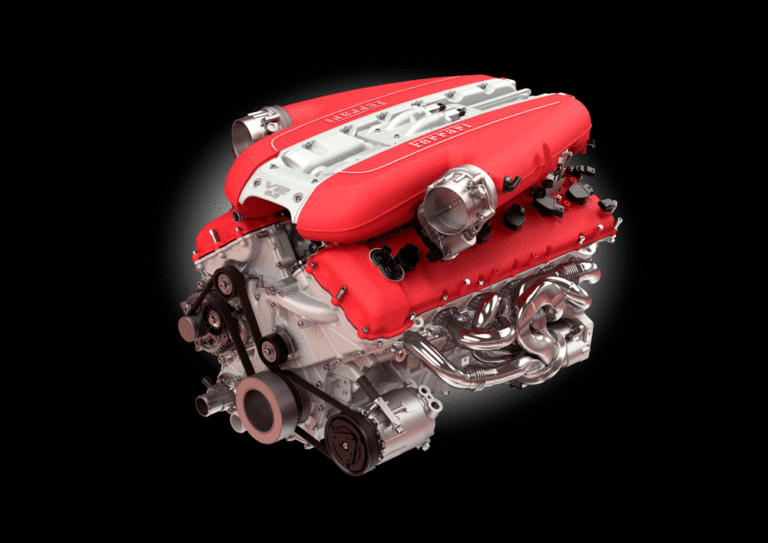Graham Johnson, managing director of UKi Media & Events and former editor of Engine + Powertrain Technology International, debates the importance of power and whether a 799ps 6.5-liter V12-engined Ferrari 718 Superfast is significantly more fun than the 20ps Renault Twizy.
I read with interest the news that the UK and Europe are looking to introduce GPS technology that will automatically ensure that one’s car cannot break the speed limit on any given road. Many readers of this publication are currently in a battle to see their engine become the most powerful in its class, yet here is a concept that some cynics have argued will immediately make a 1,000bhp (1,000bhp/PS) car no quicker than a 50bhp (50bhp/PS) vehicle. A Bugatti driver will accelerate from zero to a 30mph (48km/h) speed limit quicker than the Ford Focus peddler, but given that exercise takes circa 1.5 seconds, folks argue the Bugatti is probably no longer worth £2m (US$2.6m) if an automatic speed limiter is in place!
My friends and I frequently debate just how much power is necessary. A Ferrari 812 Superfast’s V12 has 789bhp (799ps). Anyone who has driven one will tell you that it’s scary fast on public roads. I’ve only sampled the F12’s ‘mere’ 730bhp (740ps), and that was daunting enough around the wet, slippery roads of Modena.
At the opposite end of the automotive scale is Renault’s Twizy with just 20bhp (20bhp/PS). I happen to own one of these tandem two-seaters, and thus I can testify that 20bhp simply isn’t enough! The car is licensed to drive on rapid dual carriageways with a 70mph (112km/h) speed limit, but joining such a road with minimal accelerative power is arguably far more daunting than driving that Ferrari F12! Indeed, I found the standard Twizy’s power output so inappropriate that I found a tuner that could boost it to be a powerhouse with 30bhp (30bhp/PS). Okay, it’s still not quick, but it’s now a great deal safer than it was before.
Safer? Well, integrating a 20bhp vehicle with cars that might have 5, 10, 20 or more times that power output isn’t really a recipe for success, is it? It’s as dangerous as taking a knife to a gun fight.
But there is nonetheless an argument for less being more. When I drive the Twizy, my foot is basically flat on the floor at all times. Combine that with the fact that the tires offer little grip, and you have a recipe for tremendous, automotive fun. I’m also a huge fan of hot hatches because typically they have accessible – and moreover usable – power. A Ford Fiesta ST driver is sticking to the speed limits and having a ball.
Compare this experience with that of driving something propelled by a supercar engine that has all its power lurking at the top of the band like a Porsche 911 GT3… a hot hatch – and the Renault Twizy – is more fun in the real world.
The problem with such peaky, mega-powerful engines is that one would be breaking the speed limit if he or she were to exploit the full rev range.
It’s one of the reasons I like turbocharged engines: forced induction typically results in low-end, accessible power. Don’t get me wrong, I miss Honda’s mechanical VTEC as much as the next car geek – but in a world that is increasingly speed sensitive, perhaps we’d all have more fun with less power. It’s quite possible that an imposed speed limit could lead to a different kind of power battle: the race to create engines that are enjoyable to exploit without piling on the revs!


